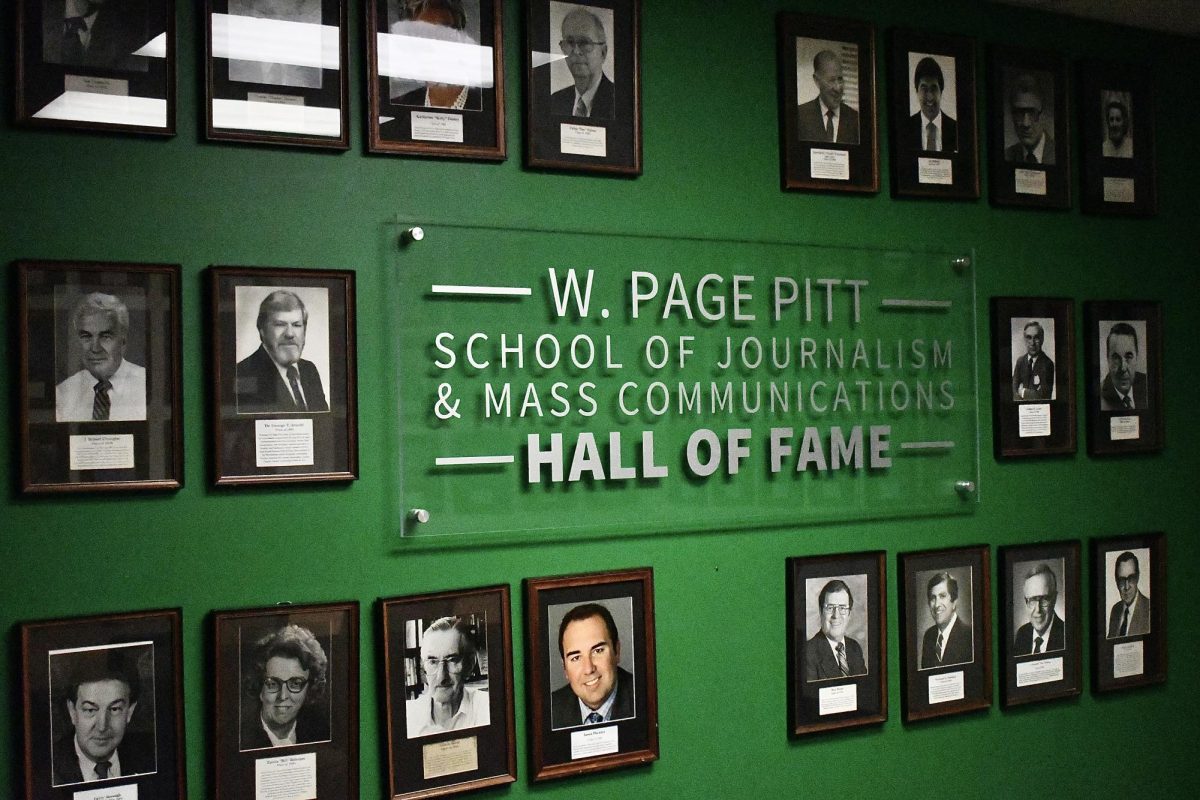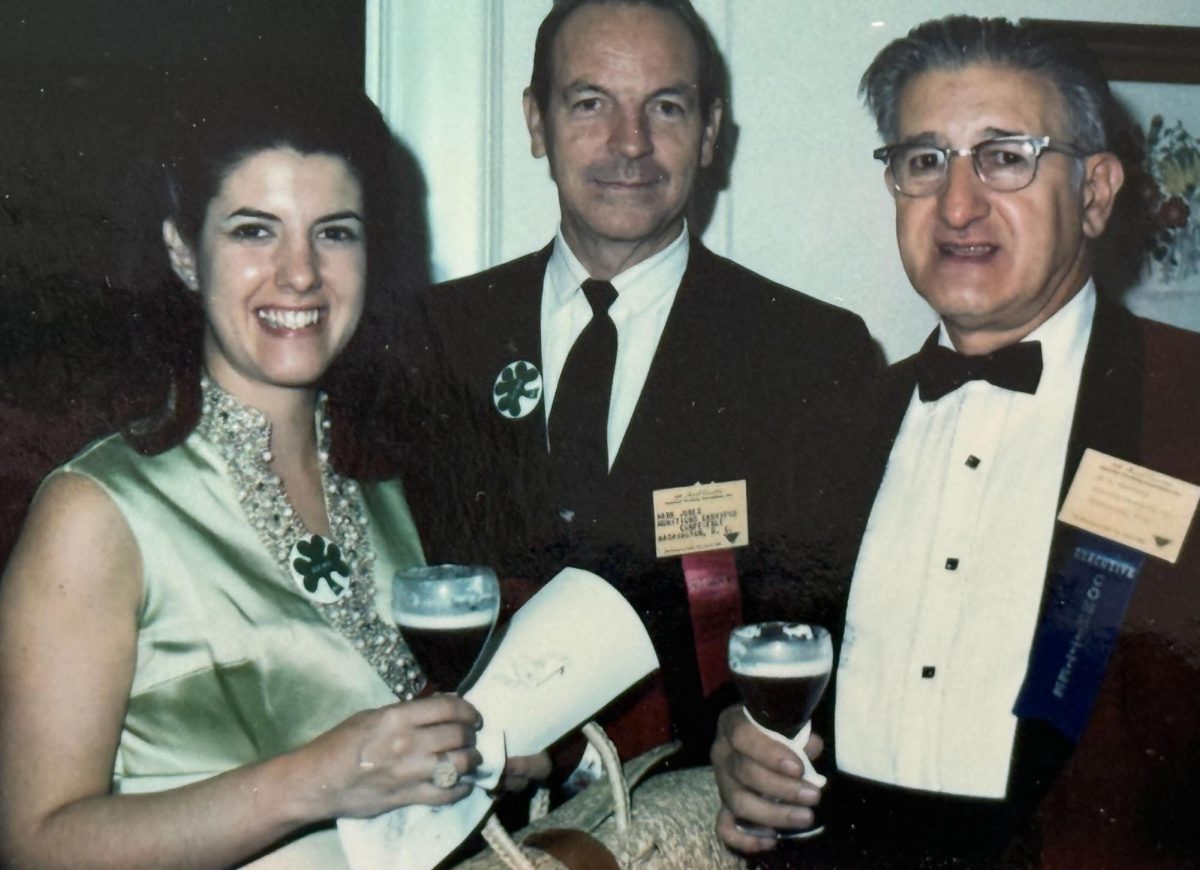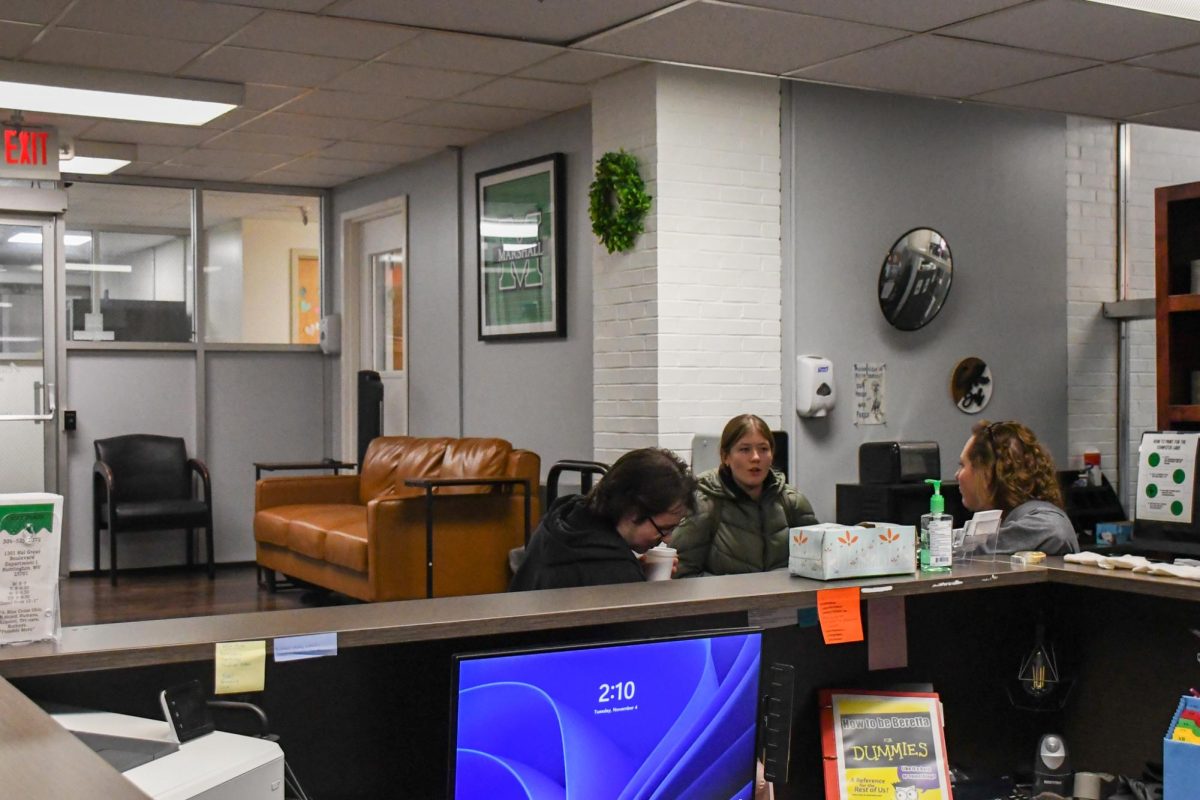The story of Black West Virginians is one marked by resilience, persistence and courage, one Marshall professor said.
“There’s a lot that we can be proud of as people of conscience in this state,” said Cicero Fain, author of “Black Huntington: An Appalachian Story.”
The National Park Service recently announced 31 new sites that would be added to the Underground Railroad Network to Freedom, with two locations in Cabell County. In September, the Appalachian Freedom Heritage Tour will be dedicating markers for these sites to acknowledge the stories of those who sought out freedom in Cabell County.
Fain said, “I think it’s really important to share the stories of untold foot soldiers who unceremoniously did the hard work, who sacrificed, who did without, who trusted in their fellow community members, and in God to challenge the status quo. To challenge the unjust laws and the mechanisms and machinations of Jim Crowism.”
According to the Appalachian Freedom Heritage Tour, these markers will chronicle the journeys of Moses, Joshua and Joe, who escaped from the Green Bottom Plantation along West Virginia Route 2, as well as John Major Monroe, who escaped from Guyandotte along the Ohio River.
The AFHT said the markers dedicated will be the first in West Virginia history to formally recognize the efforts of freedom seekers.
Fain said the stories have gone untold for a variety of reasons, with education being one of the most significant. Likewise, Fain said the full story of the region was missing from his school education, leading to his desire to connect the dots of Black West Virginia’s history in not only his book but his work in Huntington.
“For far too long, I think the stories were untold, unknown, and there are multiple reasons why. I think the primary reason is we just didn’t learn about this in schools,” Fain said. “A comprehensive picture was missing and I think if nothing else, I’ve provided a platform to connect some dots and to give a more fuller picture of the diversity of contributions that African Americans have made to the state and to the region. There are just so many people we could start from.”
The AFHT is working with many different organizations in Huntington to highlight cultural tourism in West Virginia, transform education, and support local Black history museums. Its current efforts focus on strengthening historical tourism, supporting the hospitality industry, encouraging new business and promoting more tourism overall across the state.
Fain said as he works in the state to improve heritage tourism, there is still work to be done. Even with the headwinds that have been made, he said there is a need for hope as people move forward in the state to recognize the historical tourism in West Virginia.
“There are people who are committed to spreading stories of diversity, uplift and inclusion,” Fain said. “I think as long as we recognize that we live in a special place and that there are folks who are committed and we can build around that group. I think we could be quite successful in our endeavors.”
The organization’s next dedication ceremony will take place on Aug. 14 to commemorate the 196 anniversary of the revolt and escape in Greenup County, Kentucky.
Soleil Woolard can be contacted at woolard3@marshall.edu.




















